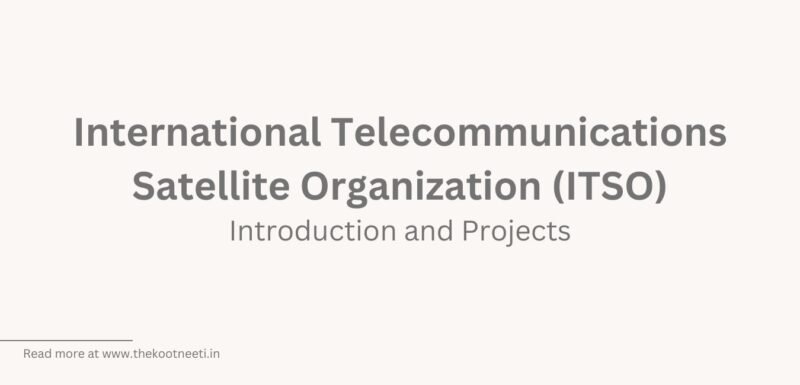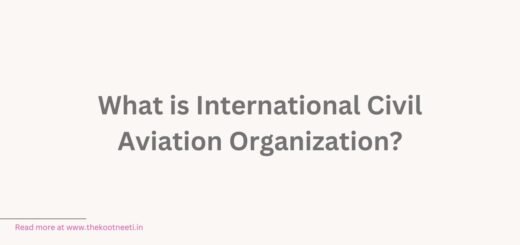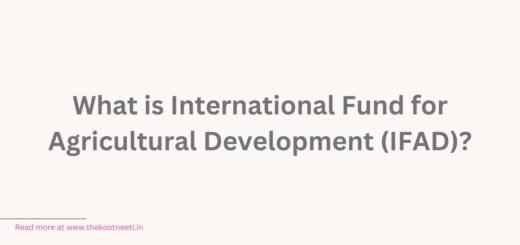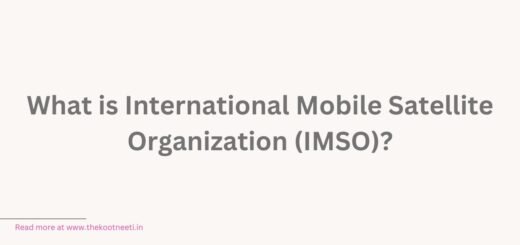International Organization for Standardization (ISO): Introduction and Standards

The International Organization for Standardization (ISO) is an international organization that develops and publishes standards for a wide range of industries and sectors. It was established in 1947 and is headquartered in Geneva, Switzerland. ISO has more than 160 member countries, and it works to promote the development of standardization and related activities in the fields of technology, science, and business.
ISO develops standards through a consensus-based process, involving the participation of experts from a range of fields and sectors. ISO’s standards cover a wide range of topics, including quality management, environmental management, health and safety, and information technology. ISO standards are voluntary and are used by businesses, governments, and other organizations around the world to improve the efficiency and effectiveness of their operations.
The International Organization for Standardization (ISO) has developed and published a wide range of standards in various fields and sectors. Some examples of ISO standards include:
- ISO 9001 – This is a standard for quality management systems. It specifies requirements for an organization’s quality management system and provides guidance for the implementation and maintenance of such a system.
- ISO 14001 – This is a standard for environmental management systems. It specifies requirements for an organization’s environmental management system and provides guidance for the implementation and maintenance of such a system.
- ISO 45001 – This is a standard for occupational health and safety management systems. It specifies requirements for an organization’s occupational health and safety management system and provides guidance for the implementation and maintenance of such a system.
- ISO 27001 – This is a standard for information security management systems. It specifies requirements for an organization’s information security management system and provides guidance for the implementation and maintenance of such a system.
- ISO 50001 – This is a standard for energy management systems. It specifies requirements for an organization’s energy management system and provides guidance for the implementation and maintenance of such a system.


















